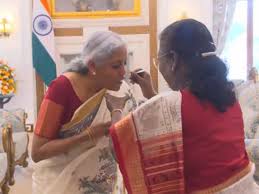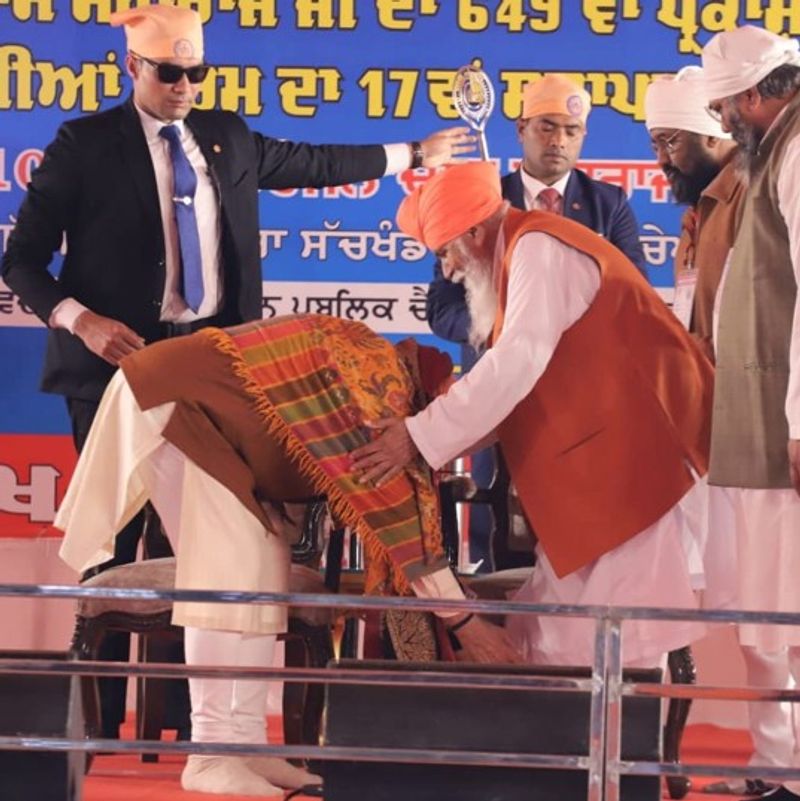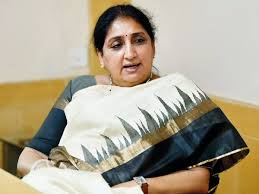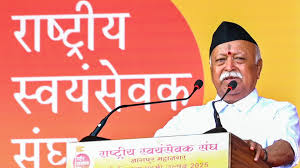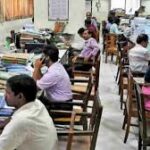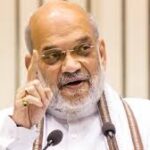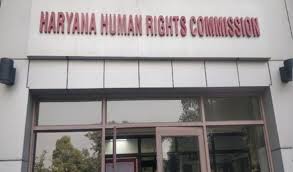Listen To This Post
Nagpur: Marking the commencement of the Rashtriya Swayamsevak Sangh’s (RSS) centenary year, Sarsanghchalak Mohan Bhagwat on Thursday used his customary Vijayadashmi address to urge India to evolve an alternative model of economic development that not only meets present needs but also offers sustainable, holistic solutions for the world.
Delivering his address at Reshimbagh ground in Nagpur in the presence of former President Ram Nath Kovind, Bhagwat said. At the same time, India’s economy has shown improvement according to conventional indicators, the widening gap between the rich and the poor, environmental degradation, and growing concentration of economic power highlight the flaws of the prevailing global financial system.
“The flaws of the prevailing economic system, such as the widening gap between the rich and the poor, the concentration of economic power, the strengthening of new mechanisms that enable easier exploitation, degradation of the environment, and the rise of transactionalism, are globally exposed. We will need to reconsider our approach,” Bhagwat said, underscoring that India’s Sanatan and spiritual traditions offer an integrated pathway for progress.
He emphasised that India’s holistic outlook — balancing material well-being with intellectual, spiritual, and collective progress — could provide the world with a model “worthy of emulation.” Prime Minister Narendra Modi, in a post on X, hailed the speech as an inspiring reflection on the RSS’s contribution to nation-building during its centenary year.
Social Unity at the Core
Bhagwat devoted a significant portion of his address to the theme of social harmony, cautioning against forces that deepen societal fault lines. He urged citizens to resist the “grammar of anarchy” and not to allow “diversity to morph into divisions” or provoke street unrest at the slightest trigger.
“Our country has immense diversity — languages, religions, lifestyles, cuisines, and even communities that entered from outside our borders. These diversities have existed since inception. But they should not cause division. Despite all our distinct identities, we are all parts of a larger society, culture, and nation,” he said.
Quoting B.R. Ambedkar’s idea of India’s “inherent cultural unity,” Bhagwat stressed that social unity is the foundation of national progress. He reiterated that the Hindu society, which he described as inclusive and free from binaries of “us versus them,” carries the responsibility of realising the vision of Vasudhaiva Kutumbakam — the world as one family.
On Violence and Democratic Means
Referring to recent violent clashes in Sri Lanka, Bangladesh, and Nepal, Bhagwat argued that revolutions do not bring lasting change, stressing that “society can achieve transformation only through democratic means.” Violent outbursts, he warned, risked inviting “dominant global powers to play their own games” in domestic situations.
He attributed the roots of discontent to a disconnect between governments and society, as well as the absence of capable, people-oriented administrators.
RSS Centenary Focus
Linking the message to the organisation’s centenary milestone, Bhagwat said the RSS would continue its mission of consolidating and organising Hindu society, which he described as “the guardian of Bharat’s unity.”
“Today, we are not a nation-state. We are a rashtra. States come and go, but the nation endures. Hindu rashtriyata has always kept us together while respecting all diversities. This is the eternal foundation of our unity,” Bhagwat said. His address sets the tone for the RSS’s 100th year agenda — emphasising social unity, consolidation of Hindu society, and the projection of India’s civilisational ethos as a model for the world.





